As our society moves away from the close-knit family structures our own grandparents knew, more of us are isolated and suffer both loneliness and a decline in health that threatens to shorten our lives unnecessarily.
People who have lost a spouse or moved away from best friends might feel a bit adrift. Many feel little motivation to do more than the most basic food preparation, the necessary trip to church or grocery store and doctor appointments. Why bother cooking a full meal when eating alone?
Older adults also discover that health challenges can affect their diets and desire to eat properly. Dental issues, high blood pressure, diabetes, high cholesterol, osteoporosis and other chronic illnesses often require a change in menu. Getting used to less sodium, different kinds of fats or fewer of them or adding supplements to the pillbox all are difficult to accept.
Many who live in inner-city or rural areas or who have limited mobility or transportation, may dwell in “food deserts” – i.e., experiencing a lack of resources such as supermarkets, farmers markets or their own gardens. They might have to rely on a corner bodega or gas station convenience store that offer highly processed groceries and few, if any, fresh meats, fruits or vegetables.
Finding the resources
There are a number of valuable resources that address the many nutrition challenges older adults face. People looking for answers for themselves or trying to help someone else, have a lot of places to turn.
- Meals on Wheels America is the oldest and largest national organization supporting more than 5,000 community-based senior nutrition programs across the country. Locate the nearest branch by clicking this link and using the search tool.
- Commodity Supplemental Food Program works to improve the health of low-income adults age 60+ by supplementing their diets with nutritious USDA Foods, serving 47 participating states, the District of Columbia and Indian Tribal Organizations. Food packages include a variety of foods, such as nonfat dry and ultra high-temperature fluid milk, juice, farina, oats, ready-to-eat cereal, rice, pasta, peanut butter, dry beans, canned meat, poultry, fish, and canned fruits and vegetables.
- Older Americans Act Nutrition Program delivers congregate and home-delivered meals, nutrition education and nutrition counseling in all 50 states, 6 territories and 256 tribes through a network of more than 5,000 local nutrition service providers. The meals meet recommended standards from the Institute of Medicine and Secretaries of Health and Human Services and Agriculture. Providers try to meet diverse older population needs by including soup and salad bars, food item or menu choices, ethnic meals, therapeutic meals (meals that change content such as diabetic, low sodium or meals that change texture for people who have had a stroke) and restaurant voucher programs.
- MyPlate.gov is a valuable resource provided by the U.S. Department of Agriculture. Find a number of tip sheets, videos and interactive tools helpful for improving nutrition for people of all ages.
Oasis can help, too.
Oasis also offers a number of valuable resources for older adults seeking to improve their health through fitness and nutrition classes.
Oasis Healthy Habits for Adults, a program nationally sponsored by Anthem Foundation, is a series of one-hour classes that focuses on achieving better health through improved nutrition and increased physical activity in older adults. Participants enjoy a healthy snack and try a few low impact exercises to increase physical activity, an important component of weight management and health. In addition, attendees will receive a free health guide with recipes and tips for healthy living.
One of the most valuable aspects of joining Oasis is the opportunity to meet new people and make friends. There are so many opportunities at Oasis for lifelong learning and volunteer engagement that can diminish that sense of isolation that leads to poor health.
Good changes can begin as soon as people walk in the door of their local Oasis center. Some people bring a healthy snack, like a piece of fruit or some cheese and crackers, and a bottle of water to class. Others join classmates for coffee and conversation after class. And many discover that their worlds have expanded in ways they hadn’t expected.
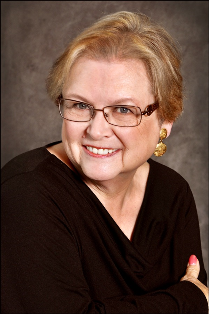
Barbara Bell is a freelance writer and manuscript editor living in central New York. She is also a long-time volunteer for her college and various arts organizations in her community. She is the mother of three sons, and has four grandchildren. She hopes to continue writing, traveling, cooking, gardening, reading, singing and going to the symphony and opera for as long as she can.


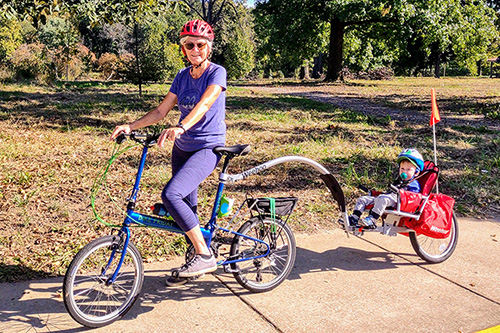
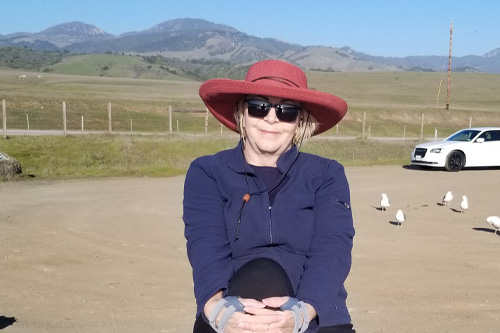

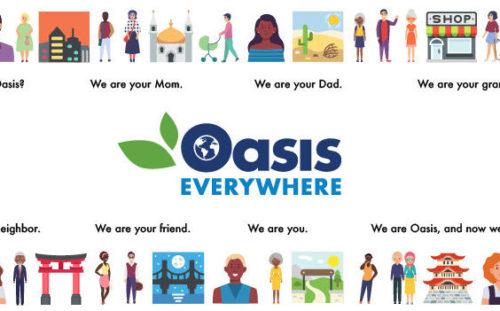
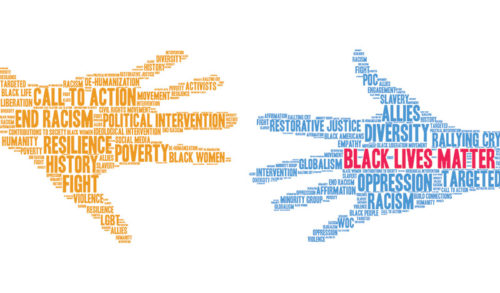
Leave A Comment
You must be logged in to post a comment.